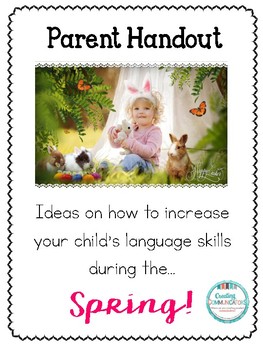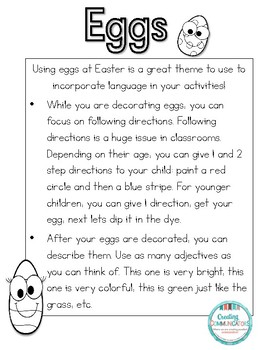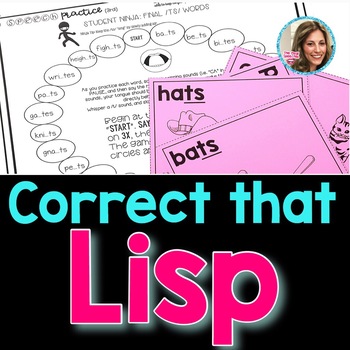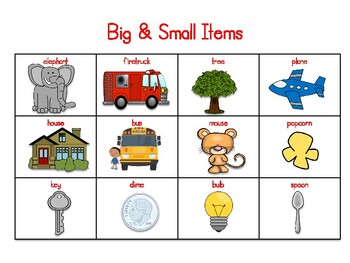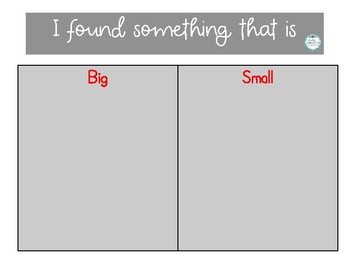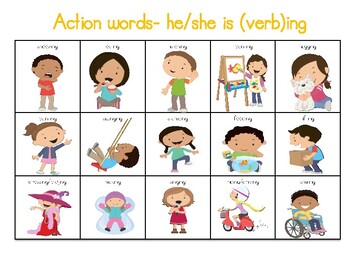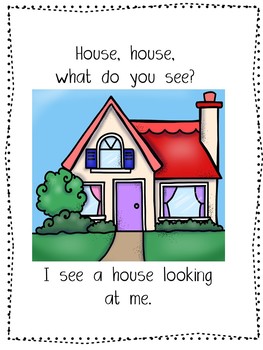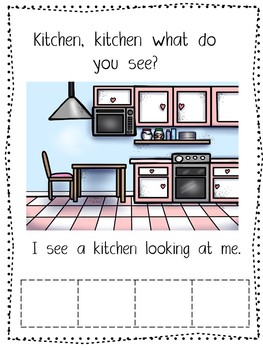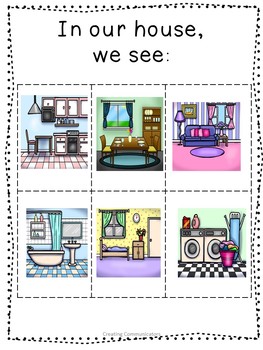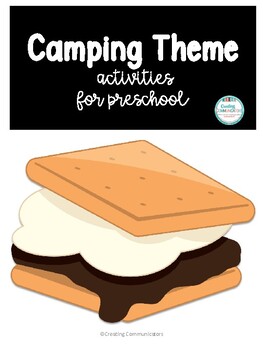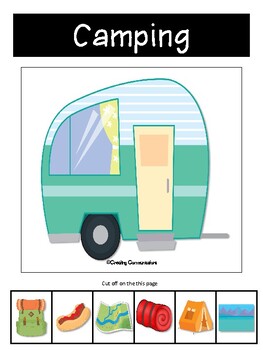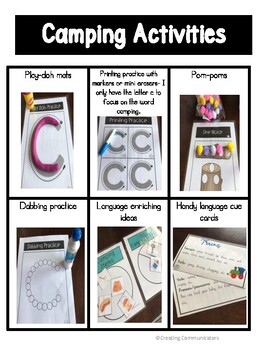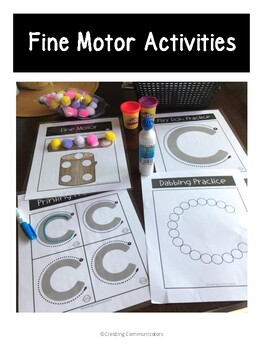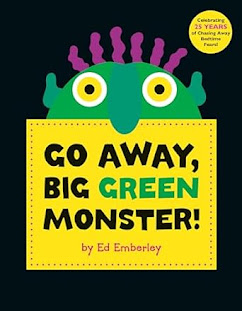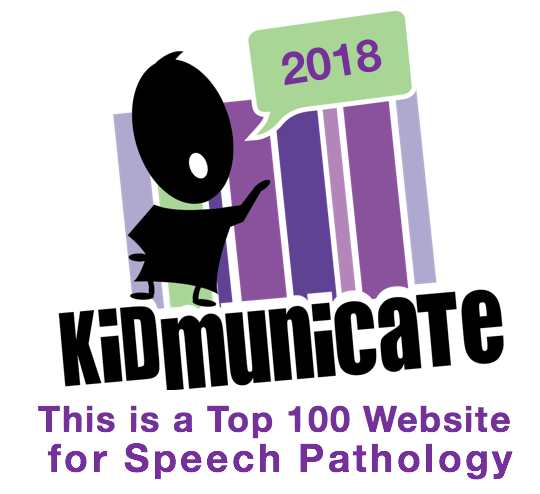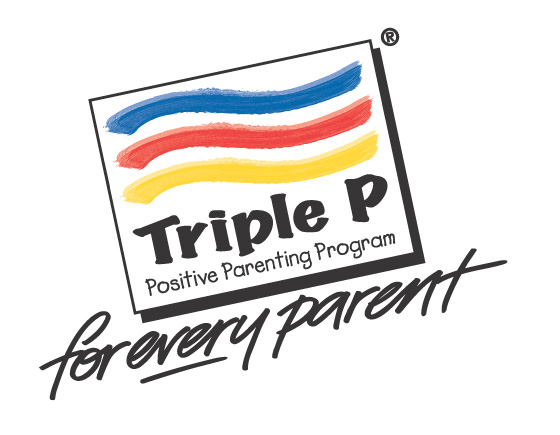Your child needs to have a useful vocabulary. Vocabulary is the basis for learning language. Educational research shows that vocabulary strongly relates to reading comprehension, intelligence, and general ability. That is why vocabulary is so important.
As children learn to read, they must learn to decode (sound-out) print, but they also must have a vocabulary base (word knowledge) to make sense of what they decode.
During the first few years of life, as babies begin to say their first words, it is easy to keep track of their growing vocabularies. Children typically understand or recognize more words than they actually use when speaking. For example, a toddler might only say five different words (e.g., dada, mama, doggie, bottle, more) but be able to understand many others—like pointing to the
light when Mommy asks, “Where is the light?” or beginning to cry when Daddy says, “Bye-bye” as he leaves for work.
Vocabulary development does not stop once a child can talk. In fact, children learn many new words once they start reading and going to school. The chart below shows typical vocabulary development across several ages. Notice how quickly vocabulary grows over the first six years of life.
Vocabulary expectations based on Age (in years)
4 The typical 4-year-old child will have about a 1,500–1,600-word vocabulary.
5 By the time a child reaches school age and heads to kindergarten, he/she will
have between a 2,100- and 2,200-word vocabulary.
6 The 6-year-old child typically has a 2,600-word expressive vocabulary (words
he or she says), and receptive vocabulary (words he or she understands) of
20,000–24,000 words.
12 By the time a child is 12 years old, he/she will understand (have a
receptive vocabulary) of about 50,000 words.
A great way to increase your child's vocabulary is to
- read to your child
- talk about the pictures
- label, and define new words
- use new words in sentences
- expose your child to plenty of reading materials
- talk to your child about what you are doing around the house while you are doing it.

